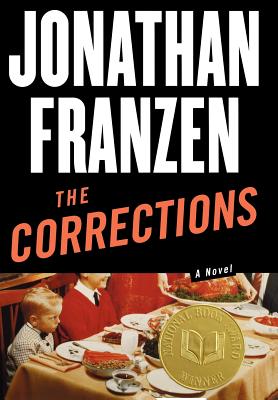One of my new year’s resolutions is to reach out to other writers more often. But in a recent New York Times essay, Ben Yagoda looks at the downside of being in touch with one’s readers:
Reader-to-author e-missives come in a few, quite specific, categories. The message above is an example of the most common (for me), queries tied to an author’s area of expertise. I have written books about Will Rogers, The New Yorker and grammar, and a few times a week I get a question on one of these topics. This is flattering… […] Less welcome are the ninth graders who seem to expect me to write their book reports for them. And some questions are flat impossible, like a recent request for more information about a journalist who wrote two pseudonymous articles for The New Yorker in 1933.
The part that rang most true for me, though, was this:
Leamer wrote back to his correspondent. “You know what?” he said. “I always answer. Every author I have ever known answers the phone the same way — on the first ring. We’re all so desperate for anything to intrude on our solitude and to take us away from that blank screen. E-mails do the same thing, and I’m embarrassed to say how quickly I read them.”
We’re all waiting for a sign that someone, somewhere out there, has read our writing and thought about it. That’s why those ninth graders and fact-requesters are frustrating–they want us to do their thinking and researching for them. But it’s also why the thoughtful queries and fan letters are gratifying: they show us that we’ve gotten someone thinking.
Authors, do you allow readers to contact you–and if they do, do you respond? Readers, do you write to authors? (To tell them you liked their book, ask follow-up questions, propose marriage…)



